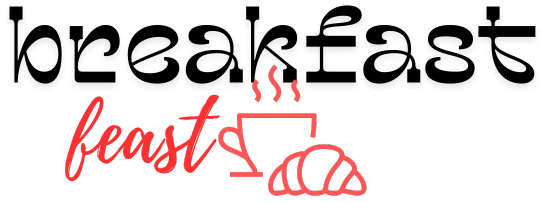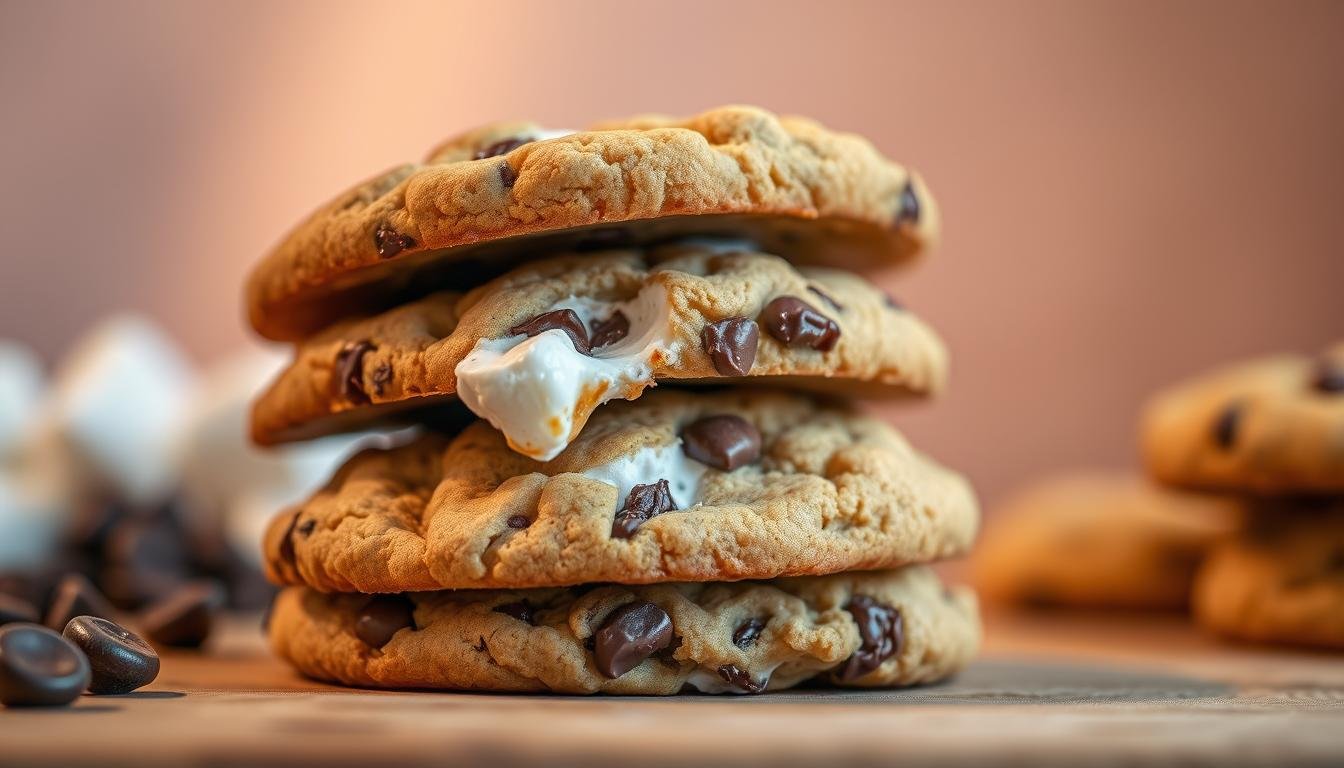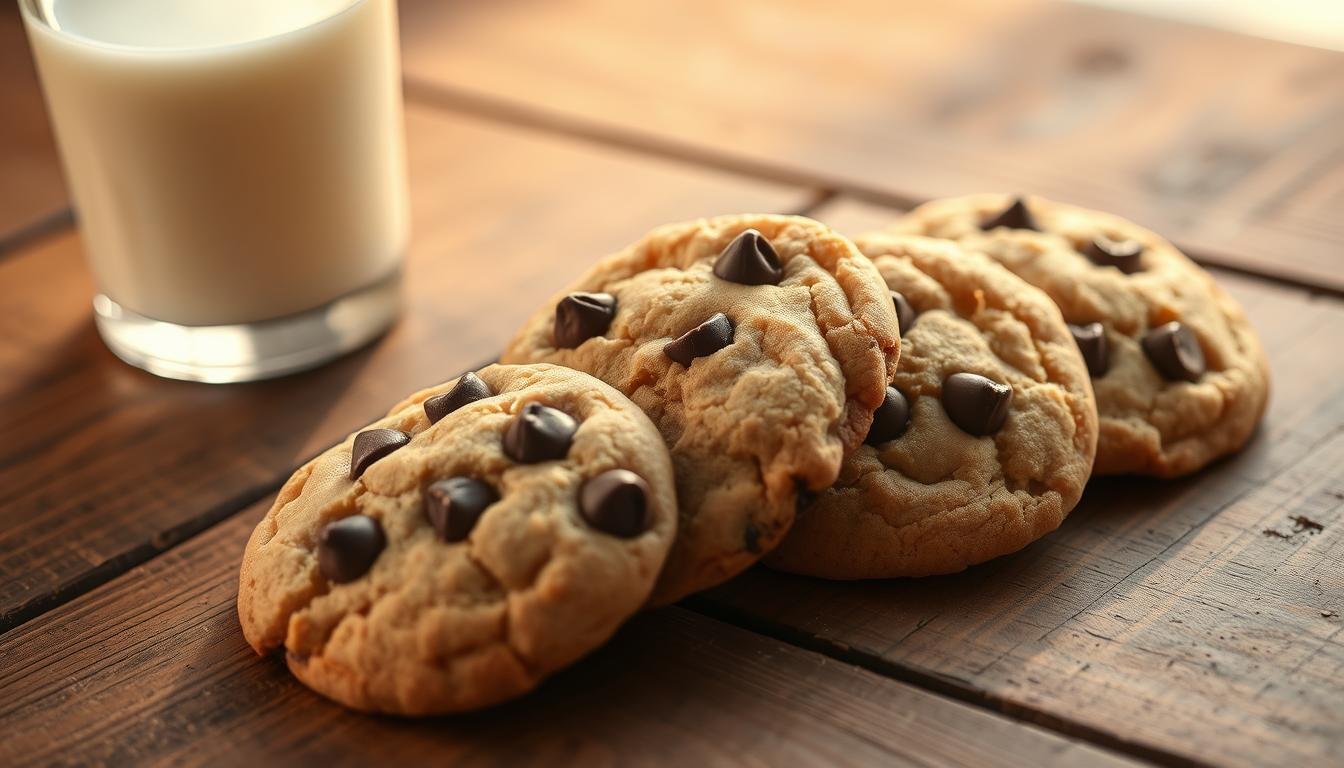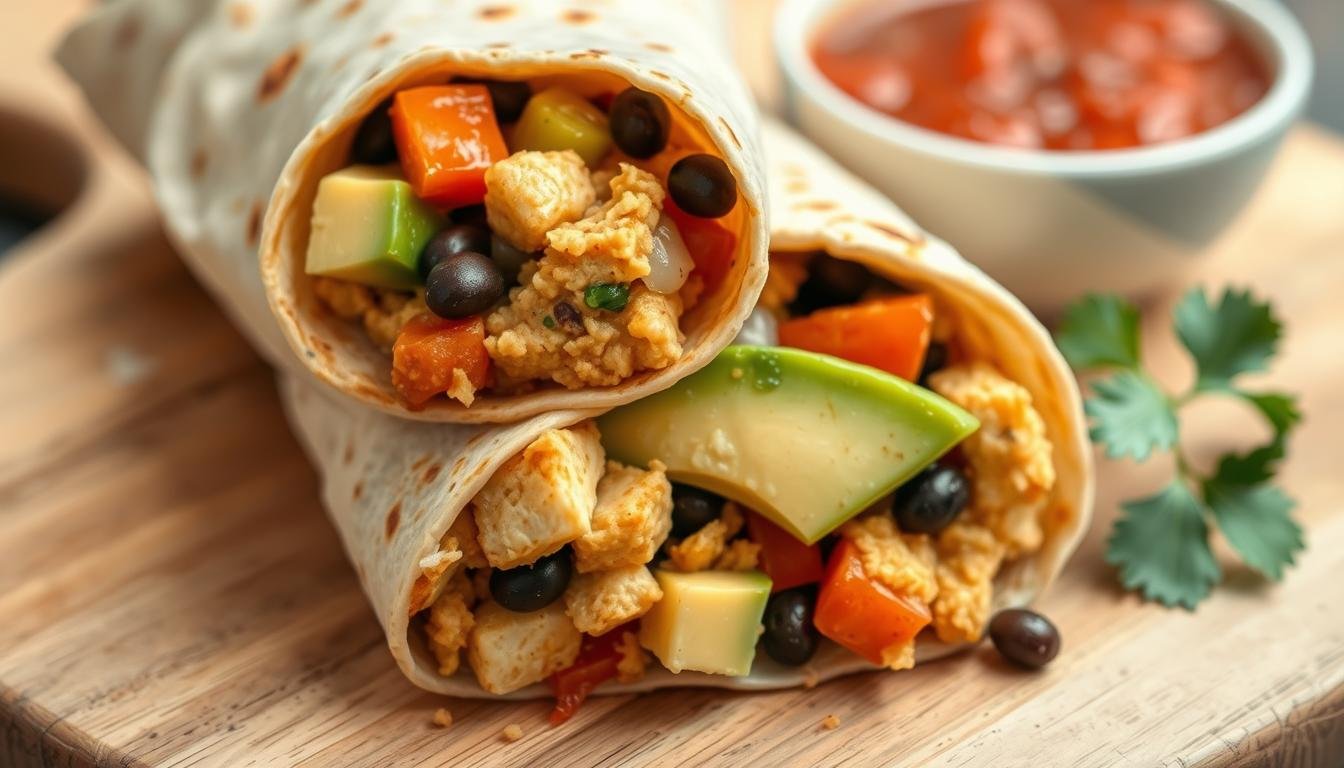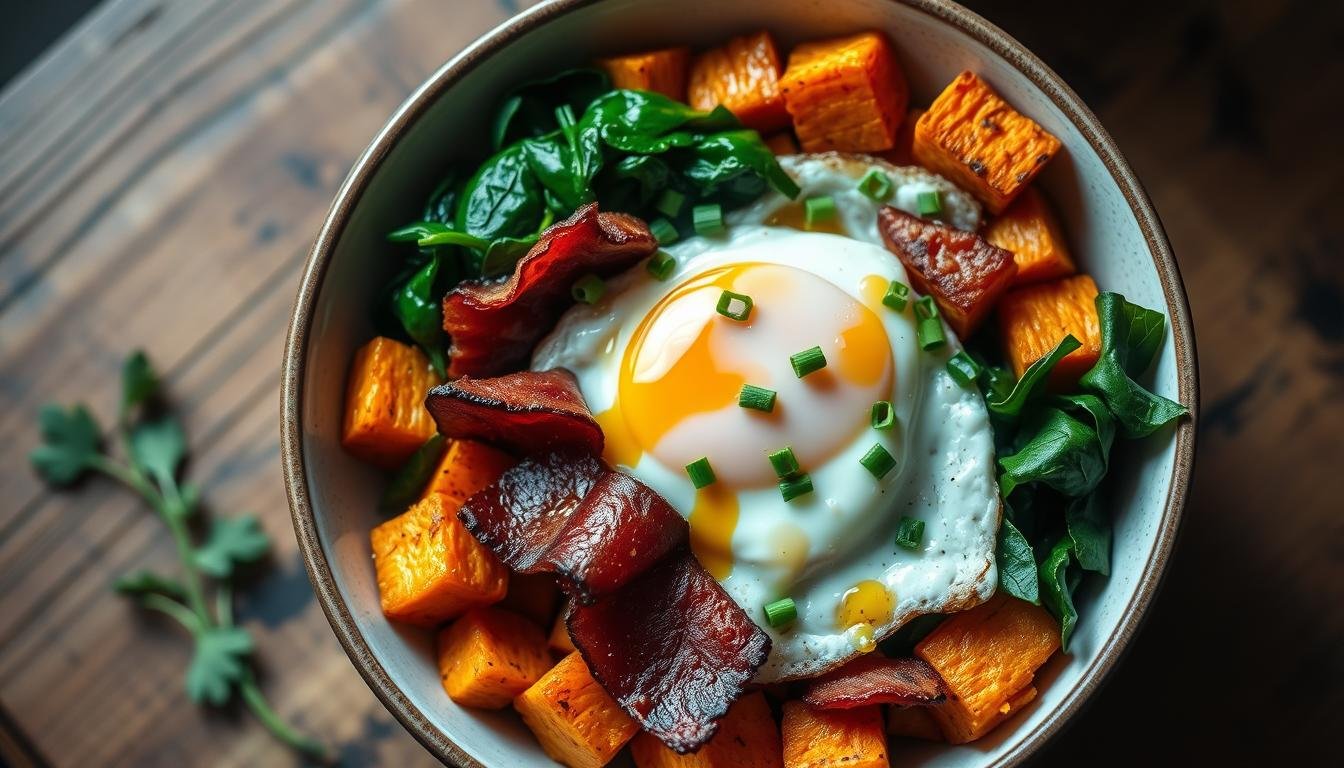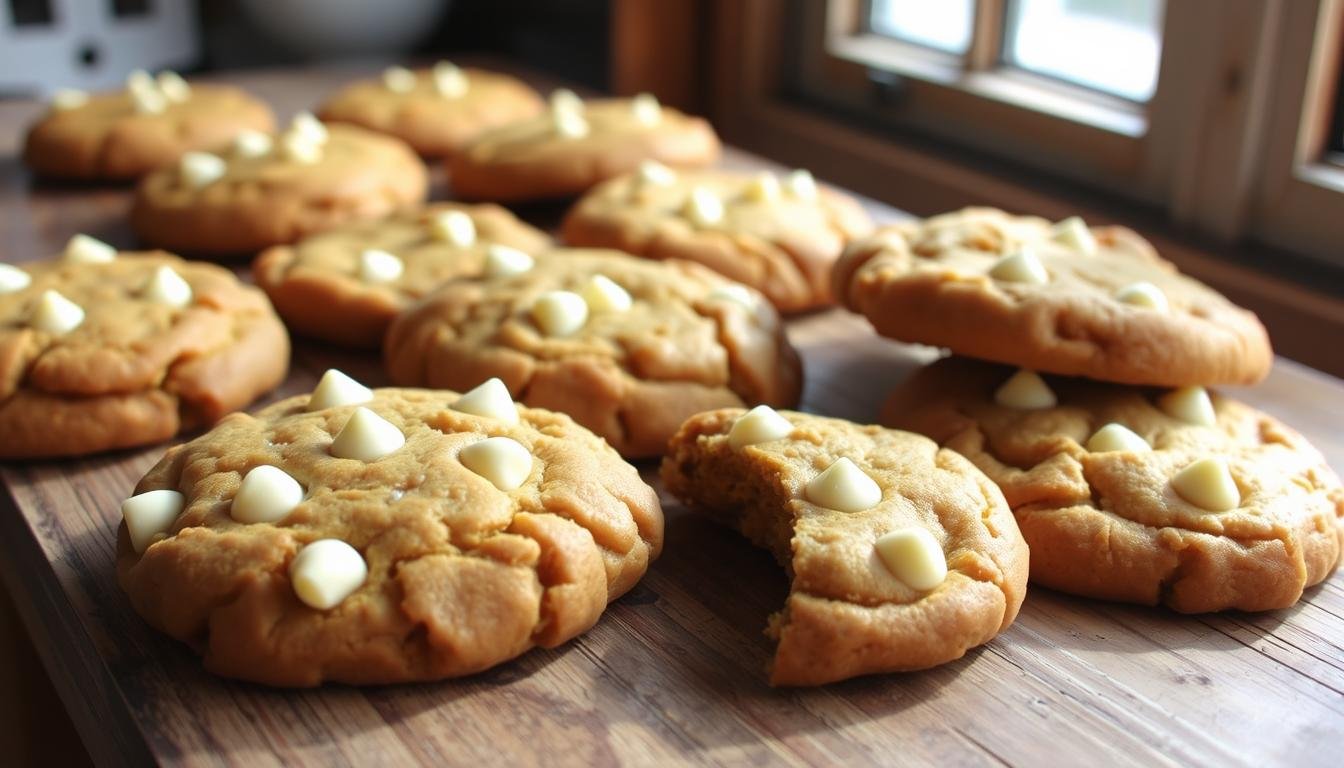For those trying to gain weight, it’s hard to find good advice. People often say “Just eat more!” But sugary cereals and greasy fast food aren’t the answer. In fact, 28 million Americans are underweight, and most diet advice is about losing weight.
Just eating more calories isn’t enough. You need energy and muscle. That’s why starting with calorie-dense meals from whole foods is key. Think of nut butter smoothies, avocado toast with eggs, or oatmeal with seeds. These meals give you 600–800 calories and have the right mix of protein, carbs, and fats.
I’ve worked hard to make breakfasts that help you gain weight. This guide isn’t about eating without thinking. It’s about using the 30/40/30 macro framework to fuel your body well. Whether you like sweet or savory, quick or fancy, these meals help you gain weight and feel strong. Here, I have discussed 10 high-calorie breakfasts for weight gain, along with the best ways to prepare them.
Key Notes;
- Strategic breakfasts combine taste, nutrients, and 600+ calories
- Whole-food bulking avoids unhealthy fat accumulation
- Protein-rich options like scrambles support muscle growth
- Healthy fats (nuts, avocado) boost calorie density naturally
- Balanced macros sustain energy throughout the day
10 High-Calorie Breakfasts for Weight Gain first planning (600-800 Calories)
Creating a breakfast for weight gain needs careful planning. It’s not just about eating more. It’s about eating smart. I aim for 600-800 calories with foods like oats, eggs, and nut butters. This helps grow muscle without causing blood sugar spikes or too much fat.
Macronutrient Balance: 30/40/30 Protein/Carbs/Fats
This mix is perfect for building muscle:
- 30% Protein: Eggs, Greek yogurt, or collagen peptides fix muscle damage
- 40% Carbs: Oats, quinoa, or sweet potatoes give energy for workouts and recovery
- 30% Fats: Avocado, almond butter, or olive oil keep energy up
I don’t go for “dirty bulking” with empty calories. Instead, I pick foods rich in nutrients like these:
| High-Value Foods | Low-Value Alternatives |
|---|---|
| Quinoa (222 cal/cup) | White toast (69 cal/slice) |
| Almond butter (98 cal/tbsp) | Margarine (102 cal/tbsp) |
Calorie Density vs. Volume Eating
Choose foods that give lots of calories in small amounts:
- Calorie Boosters: Cook eggs in olive oil (+120 cal), blend peanut butter into smoothies
- Volume Traps: Don’t eat too much of low-calorie fruits or greens
As one study says:
“Nutrient timing and density are key for lean mass gains, not just eating more.”
This method helps me meet protein needs without feeling too full by mid-morning.
1. Peanut Butter-Banana Protein Power Smoothie
This smoothie is great for breakfast. It has 710 calories and lots of protein. It’s creamy and filling.
710-Calorie Recipe Breakdown
This smoothie has 40g of protein and healthy fats. Here’s what I use:
- 1.5 cups whole milk or unsweetened almond milk (240 calories)
- 1 large frozen banana (120 calories)
- 2 tbsp natural peanut butter (190 calories)
- 1 scoop vanilla whey protein (120 calories)
- 1/4 cup full-fat Greek yogurt (40 calories)
Freezing your banana makes it thicker. Don’t add too much ice, it makes it too watery.
Muscle-Building Additions
I add these extras for extra recovery:
| Add-In | Calories | Protein Boost |
|---|---|---|
| Collagen peptides | 35 | 10g |
| Casein powder | 120 | 24g |
| Chia seeds | 60 | 3g |
Casein is good if you wait a while for your next meal. It helps keep your muscles from breaking down.
Vegan Adaptation
Want a plant-based version? Here’s what to swap:
- Milk: Coconut milk (45 calories per ¼ cup)
- Peanut butter: Sunflower seed butter (same calorie count)
- Protein: Pea protein powder (110 calories per scoop)
Adding 10-12 soaked cashews makes it even more calorie-rich. Blend them first to avoid lumps.
2. Loaded Oatmeal With Nut & Seed Crunch
Oatmeal is more than just a quick breakfast. It’s a way to make meals that help muscles grow. Steel-cut oats cooked in coconut milk are great for healthy weight gain foods. They have 3x more fiber than instant oats.
Adding textures and nutrients is key. This is done with toppings and meal prep for mass methods.
650-Calorie Base Preparation
Begin with ½ cup steel-cut oats and 1 cup full-fat coconut milk. This mix gives:
- 420 calories from the liquid alone
- 14g plant-based protein
- 22g MCT fats for metabolism
Add 1 tbsp ground flaxseed while cooking. It adds 55 calories and 2g fiber. Canned coconut milk has 45% more calories than carton.
| Milk Type | Calories/Cup | Best For |
|---|---|---|
| Coconut (canned) | 792 | Maximum calorie density |
| Whole Dairy | 149 | Quick protein boost |
| Almond | 39 | Low-calorie option |
Topping Combinations
Turn your oatmeal into a calorie-rich dish with these toppings:
| Category | Options | Calorie Boost |
|---|---|---|
| Seeds | Chia, sunflower, pepitas | 180-220 |
| Fruits | Dried figs, apricots, banana | 100-150 |
| Spreads | Tahini, almond butter | 200-250 |
My top choice: 2 tbsp tahini + ¼ cup dried apricots + 1 tbsp hemp seeds. It adds 340 calories and 10g protein.
Meal Prep Solution
For meal prep for mass, prepare dry ingredient jars on Sundays:
- Layer ½ cup rolled oats
- Add 1 tbsp flaxseed + 1 tsp cinnamon
- Top with 2 tbsp mixed nuts/seeds
Keep 5 jars ready. Each morning:
- Empty contents into a bowl
- Add 1 cup liquid (water/milk)
- Microwave 2 minutes
- Stir in fresh toppings
This saves 15 minutes a day. It helps keep calorie intake steady for weight gain.
3. Three-Cheese Avocado Breakfast Scramble

Savory breakfast lovers, this scramble turns morning eggs into a calorie-packed masterpiece. I combine creamy textures and bold flavors to create one of my favorite weight gain breakfast options – a protein-rich base layered with smart fat sources. Let’s crack into the details.
780-Calorie Egg Mastery
This scramble starts with 4 large eggs (320 calories) whipped until frothy. Here’s my triple-cheese strategy:
- Cheddar (1/4 cup shredded): Melts into the eggs for richness
- Feta (2 tbsp crumbled): Adds salty tang
- Cottage cheese (1/3 cup): Boosts protein without overpowering
| Cheese Type | Calories/Ounce | Fat (g) | Protein (g) |
|---|---|---|---|
| Cheddar | 110 | 9 | 7 |
| Feta | 75 | 6 | 4 |
| Cottage | 20 | 1 | 3 |
Healthy Fat Boosters
I amp up the calorie count with these smart additions:
- 1/2 avocado sliced (160 calories)
- 1 tbsp olive oil for cooking (120 calories)
- 1/4 cup roasted potatoes (60 calories)
The olive oil’s monounsaturated fats help absorb vitamins from the eggs and avocado. Pro tip: roast potatoes in advance for quick morning assembly.
Lactose-Free Version
For those avoiding dairy, try these swaps:
- Nutritional yeast (2 tbsp) instead of cheddar
- Dairy-free cream cheese (1.5 tbsp) replaces cottage cheese
- Omit feta or use vegan alternative
This adaptation keeps the dish at 740 calories while maintaining that crave-worthy creaminess. Pair with smoked salmon for extra protein.
4. Quinoa Breakfast Bowl With Almond Butter Drizzle
Quinoa is a great choice for a filling breakfast. It has 8 grams of plant-based protein per cooked cup. This makes it perfect for whole-food bulking.
Unlike oatmeal, quinoa tastes nutty and is fluffy. It’s a great base for toppings that help with healthy weight gain foods.
Ancient Grain Advantage
Quinoa is special because it has all nine essential amino acids. This helps muscles repair and grow. Use tri-color quinoa for a nice look and a bit of crunch.
Its low glycemic index keeps energy steady. This stops the crash that happens with carb-heavy breakfasts.
Sweet & Savory Toppings
Customizing your quinoa bowl is important. Try these:
- Sweet version: Warm quinoa with almond butter, raw honey, and fresh blueberries
- Savory option: Cooled quinoa with a fried egg, basil pesto, and sliced avocado
Both options have good macros and taste great. The sweet one gives quick energy. The savory one gives lasting energy from healthy fats.
Calorie Amplification
Make your bowl more calorie-rich without feeling bloated:
- Stir in 2 tablespoons of coconut flakes (+120 calories)
- Sprinkle 3 tablespoons of hemp seeds (+165 calories)
- Use macadamia nut butter instead of almond butter (+50 calories per serving)
These add-ons make your bowl more nutritious. They keep it true to whole-food bulking. Cook quinoa in bulk and store it in airtight containers for easy use.
5. Greek Yogurt Parfait With Granola Clusters

Texture and nutrients are key in a calorie-rich breakfast. My favorite Greek yogurt parfait has 680–720 calories. It’s a top choice for best breakfasts for gaining weight without sugar. Let’s explore how to make every bite count.
Full-Fat Dairy Benefits
Full-fat Greek yogurt is great for weight gain. A cup gives you:
- 20g protein for muscle repair
- 9g healthy fats for energy
- Probiotics like Lactobacillus for better digestion
Full-fat yogurt keeps you full longer. I add honey for sweetness and 120 calories per tablespoon.
Layered Texture Strategy
For a tasty parfait, mix textures. Here’s how I layer:
- Base: 1 cup full-fat Greek yogurt
- Crunch: Homemade granola (oats baked with olive oil and honey)
- Twist: Roasted chickpeas for flavor
- Finish: Fresh berries or diced mango
This mix adds 35g carbs and 18g fats per serving. It keeps the taste exciting.
Nut-Free Alternative
For those with allergies, try these:
- Sunflower seed butter (210 calories per 2 tbsp)
- Pumpkin seeds roasted in coconut oil
- Toasted quinoa clusters for crunch
This version has 650+ calories. It shows high-calorie breakfast foods can work without nuts.
6. Sweet Potato Hash With Fried Eggs
This skillet dish is a 700+ calorie powerhouse that helps muscles grow. It’s made with simple ingredients but tastes amazing. I roast diced sweet potatoes in ghee until they’re golden brown.
Complex Carb Foundation
Sweet potatoes give you slow-release energy because of their fiber. One medium potato (130g) has:
- 26g complex carbohydrates
- 4g gut-friendly fiber
- 369% daily vitamin A
Roasting them at 425°F for 25 minutes makes them crispy on the outside. I toss them in avocado oil before baking for extra calories.
Protein Pairing Principles
Two fried eggs and turkey sausage add a 30g protein punch for muscle repair. Here’s how I do it:
- Cook eggs sunny-side up for runny yolks (adds 6g fat)
- Use lean turkey sausage (14g protein per link)
- Optional: Add crumbled feta for calcium boost
Spice Blending Tips
The right seasoning mix makes veggies taste great. My smoked paprika blend:
| Spice | Amount | Benefit |
|---|---|---|
| Smoked paprika | 1 tsp | Adds depth + antioxidants |
| Cumin | ½ tsp | Aids digestion |
| Garlic powder | ¾ tsp | Boosts metabolism |
Put spices on potatoes before roasting. Heat brings out their flavors. For extra heat, add cayenne pepper (¼ tsp).
7. Coconut Milk Chia Pudding
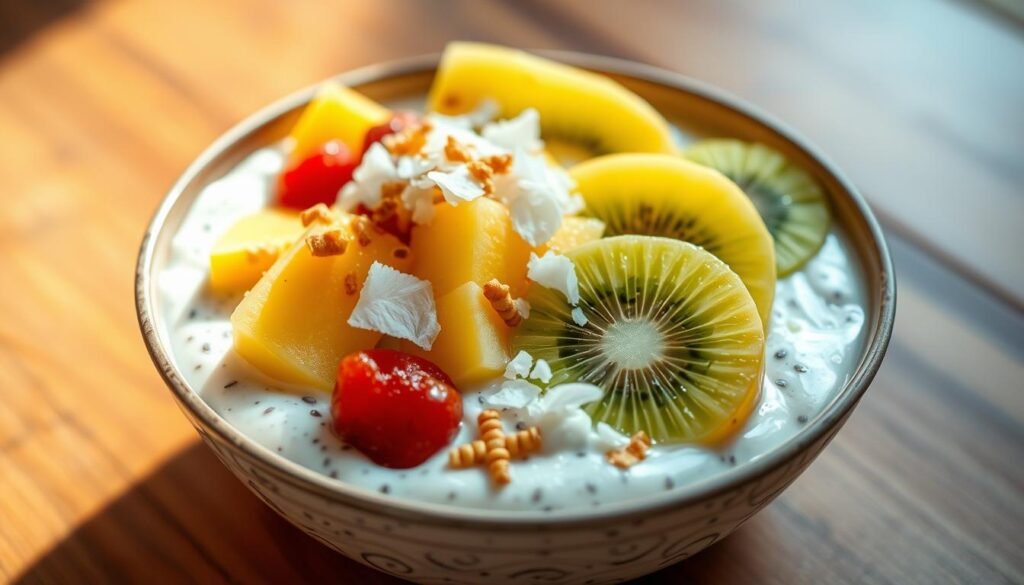
Start your day with a tropical twist. It’s one of the easiest calorie-dense meals for gaining weight. This chia pudding recipe mixes creamy coconut milk with your favorite toppings. It gives over 600 calories per serving and fits well into your meal prep for mass plan.
Overnight Preparation Method
I mix ½ cup chia seeds with 1½ cups full-fat coconut milk and a splash of vanilla extract before bed. By morning, it turns into a thick, pudding-like texture. For the best results:
- Use airtight jars to prevent liquid separation
- Shake twice during the first hour
- Store in portion-sized containers for grab-and-go ease
Tropical Topping Ideas
Boost flavor and calories with these toppings:
- Mango madness: Diced mango + toasted coconut flakes (adds 120 calories)
- Nutty paradise: Crushed macadamia nuts + cacao nibs (adds 180 calories)
- Tropical crunch: Pineapple chunks + granola (adds 150 calories)
Protein Integration
Chia seeds have plant-based protein. I add 1 scoop of unflavored whey isolate or vegan protein powder. This adds 25g of protein without changing the creamy texture. For the best mix:
- Blend powder with coconut milk first
- Adjust liquid ratio if using absorbent proteins
- Pair with nut toppings for complete amino acid profile
8. Breakfast Burrito With Chorizo & Beans
This breakfast burrito is great for a quick, filling meal. It has chorizo, avocado, and beans. These ingredients help grow muscles and keep you full.
Macro-Balanced Filling Formula
The filling has 750 calories. It starts with scrambled eggs and chorizo for flavor. Black beans and avocado add carbs and fats.
Here’s the mix I use:
- 40% protein: Eggs + chorizo + shredded cheese
- 35% carbs: Beans + sautéed peppers
- 25% fats: Avocado + full-fat Greek yogurt drizzle
Wrap Selection Guide
Choosing the right tortilla is key. I pick spinach-infused wraps for more fiber. They also hold up well when reheated.
For gluten-free options, chickpea wraps are good. They have more protein. Look for these in a wrap:
- Minimum 8-inch diameter for easy rolling
- At least 3g fiber per wrap
- Flexible texture when chilled
Freezer-Friendly Assembly
These burritos are perfect for busy days. Cool the filling first. Then, make 6-8 burritos at once.
- Layer ingredients in the center, leaving 1-inch borders
- Fold sides inward before rolling tightly
- Wrap individually in parchment paper (never foil!)
To reheat, air fry at 375°F for 12 minutes. This makes the crust crispy. You can freeze them for up to 3 months in airtight bags.
9. Protein-Packed Pancake Stack
Pancakes are not just sweet treats. They can be a muscle-building breakfast with 710 calories per stack. My recipe uses oat flour and cottage cheese for a 24-gram protein punch. It’s great for a filling breakfast without the crash.
Batter Mixology
Begin by mixing 1 cup oat flour, ½ cup cottage cheese, 3 egg whites, and 1 mashed banana. The banana makes it sweet and keeps it moist. Adding 2 tbsp ground flaxseed boosts fiber and healthy fats without changing the taste.
“Protein-rich breakfasts kickstart muscle synthesis better than late-day meals,” notes a recent Journal of Nutrition study.
Syrup Alternatives
Choose better toppings to avoid sugar spikes:
| Topping | Calories per Serving | Key Benefit |
|---|---|---|
| Date Paste | 90 | Iron + Potassium |
| Greek Yogurt Drizzle | 60 | 15g Protein |
| Almond Butter Sauce | 120 | Healthy Fats |
My favorite is mixing vanilla protein powder with Greek yogurt. It makes a thick, frosting-like syrup with 10g extra protein.
Batch Cooking Approach
Prep on Sundays for quick mornings:
- Cook triple batches on a griddle
- Layer between parchment paper in freezer bags
- Reheat in toaster (3 mins) or microwave (90 seconds)
These recipes stay good for 3 months in the freezer. Perfect for busy mornings. I always have a bag ready for when I’m hungry after the gym.
10. Conclusion: Building Sustainable Breakfast Habits
Starting change is easy with morning habits that help you reach your goals. These healthy breakfasts show you don’t need bad food to gain weight. They use good stuff like nut butters, eggs, and grains.
Try new breakfasts every few days to keep things interesting. Use tricks like making oatmeal toppings ahead or freezing burritos. This saves time and keeps your diet healthy.
Match these meals with regular workouts to grow muscle. Studies say protein and exercise are key for muscle. Don’t go for “dirty bulking” because it leads to bad energy.
Begin tomorrow with a breakfast that makes you happy. Keep almond butter for quick energy, or make chia pudding the night before. Making good choices adds up to big results.
